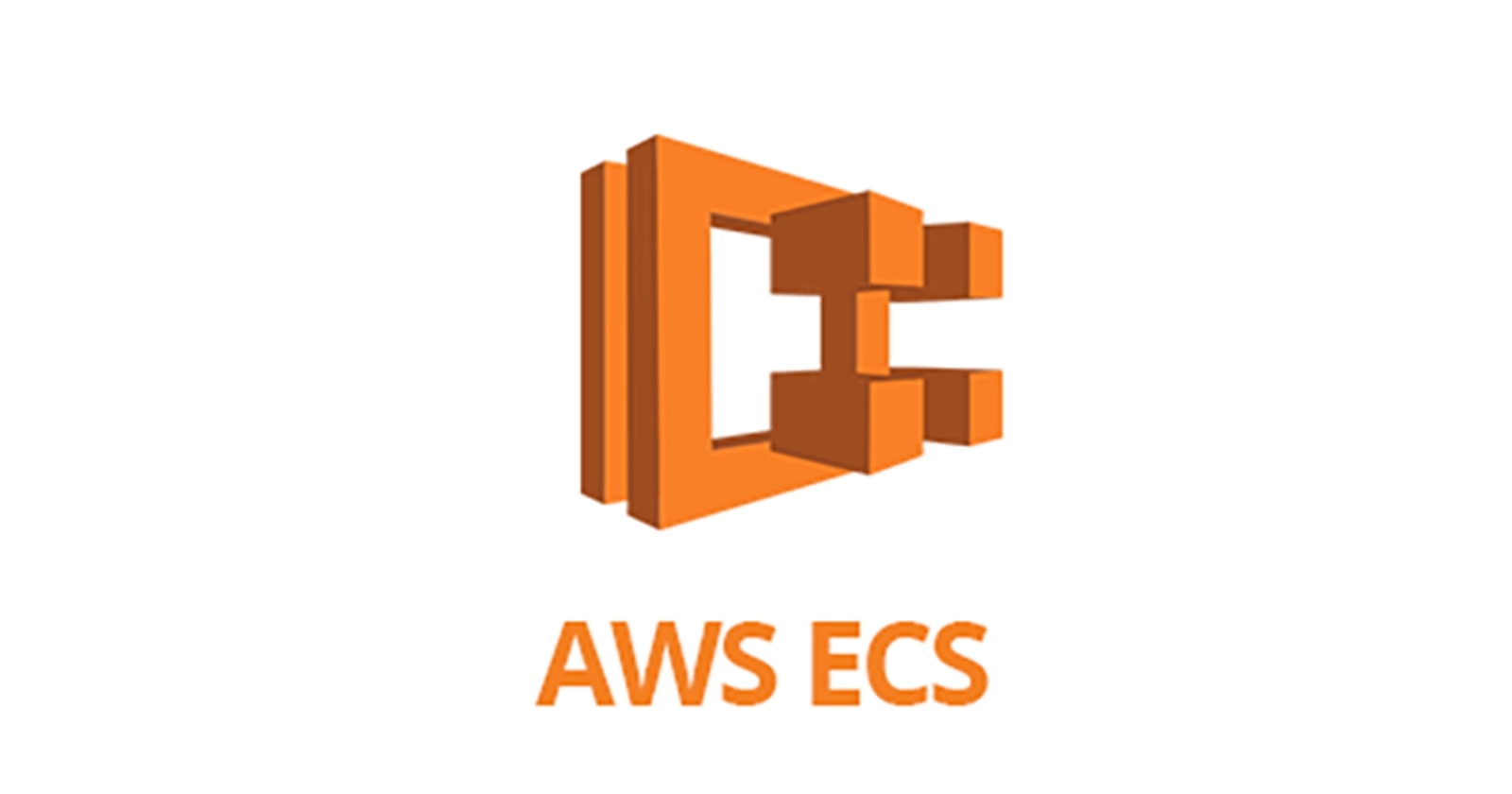What is ECS?
Amazon ECS (Elastic Container Service) is a fully managed container orchestration service provided by Amazon Web Services (AWS).
It enables you to run, stop, and manage Docker containers on a cluster.
Amazon ECS is suitable for a wide range of containerized applications, providing flexibility and scalability for deploying and managing containerized workloads in the cloud.
It is a key component in the AWS container ecosystem, along with other services like Amazon EKS (Elastic Kubernetes Service) for managing Kubernetes-based containerized applications.
What is Container Instances?
Amazon ECS allows you to run Docker containers on a cluster of virtual or physical machines, known as container instances.
These instances can be part of your own infrastructure or can be launched using Amazon EC2.
What is cluster?
- cluster is a logical grouping of container instances that you manage. ECS lets you create and manage clusters, which can span multiple Availability Zones.
What is Task Definition?
- A task definition is a blueprint for your application and defines various parameters for running containers, including the Docker image, CPU and memory requirements, networking configuration, and more.
What is Tasks?
- A task is the instantiation of a task definition within a cluster. It represents the running application and consists of one or more containers.
What is AWS Fargate Integration?
- ECS can be used with AWS Fargate, which is a serverless compute engine for containers. With Fargate, you don't need to manage the underlying infrastructure; AWS takes care of it for you.
